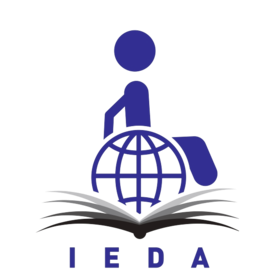Due to the nature of their disabilities, persons with disabilities (PWDs) require special accommodations at the organizational, personnel and technical-technological level in the educational process. This output Curriculum offers knowledge and information relevant to all three mentioned levels in a systematic way.
The curriculum is developed by experts for the inclusion of PWDs from URIHO based on experience in creating and implementing non-formal education and on constant feedback and collaboration from all partners. The curriculum is intended primarily for non-formal education professionals who want to teach PWDs and non-formal adult education organizations that aim to create and implement inclusive educational programs. However the content of the curriculum can be applied to all professionals who come across PWDs in their professional work (experts for inclusion, HR experts, volunteers, medical staff, social welfare experts, trainers, administrative staff, etc.).
The content of the curriculum focuses on practical ways in which non-formal adult education providers can increase the accessibility of their educational programs, but it also has an important sensitizing role as a systematized review of types of disabilities and difficulties arising from them in the educational context.
Download the curriculum’s material:
0. Curriculum
1. Ethical Approach, Stereotypes, Prejudices
2. Inclusion
3. Visual Impairment
4. Hearing Impairment
5. Movement disorders
6. Intellectual disabilities
7. Mental and Behavioral disorders
